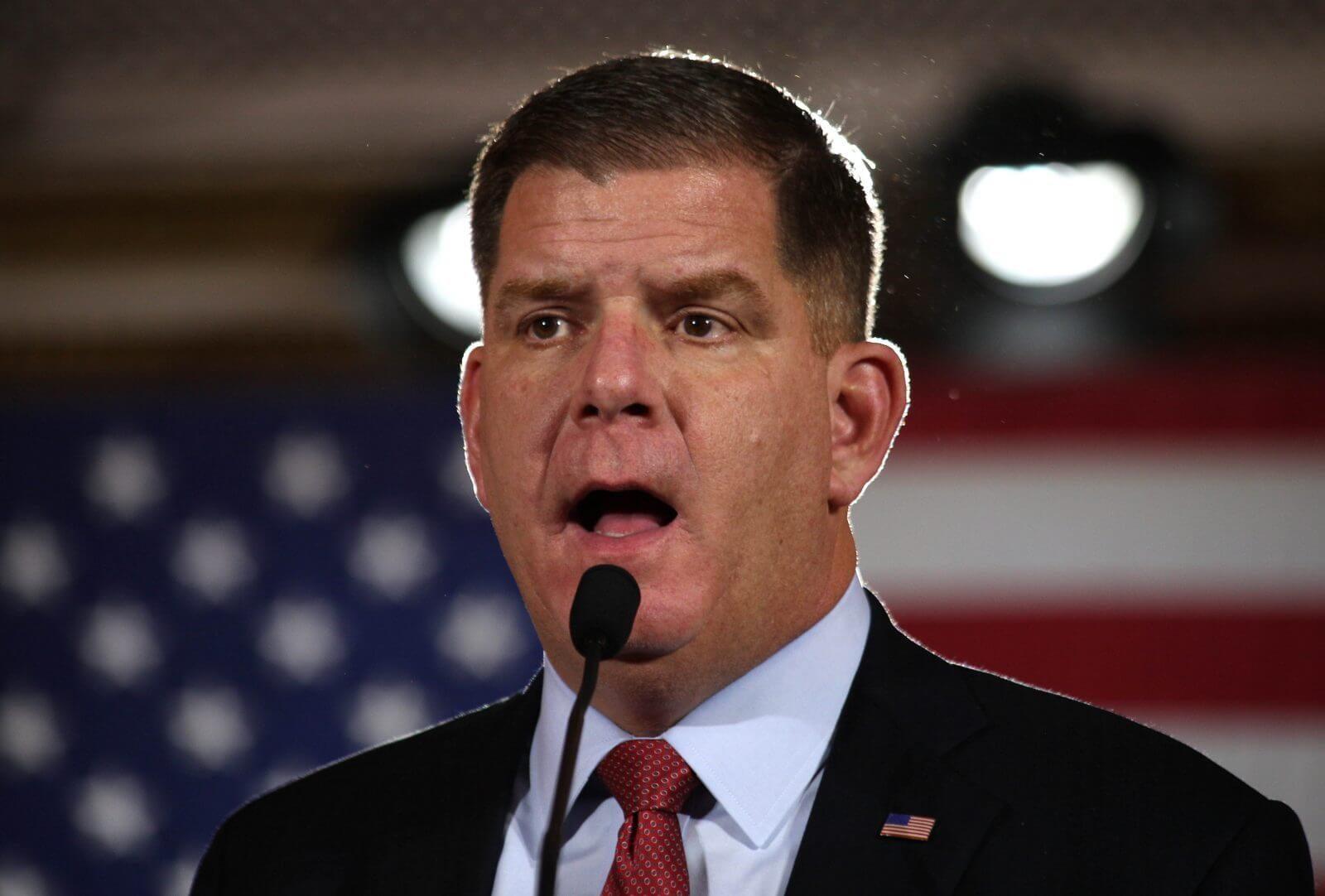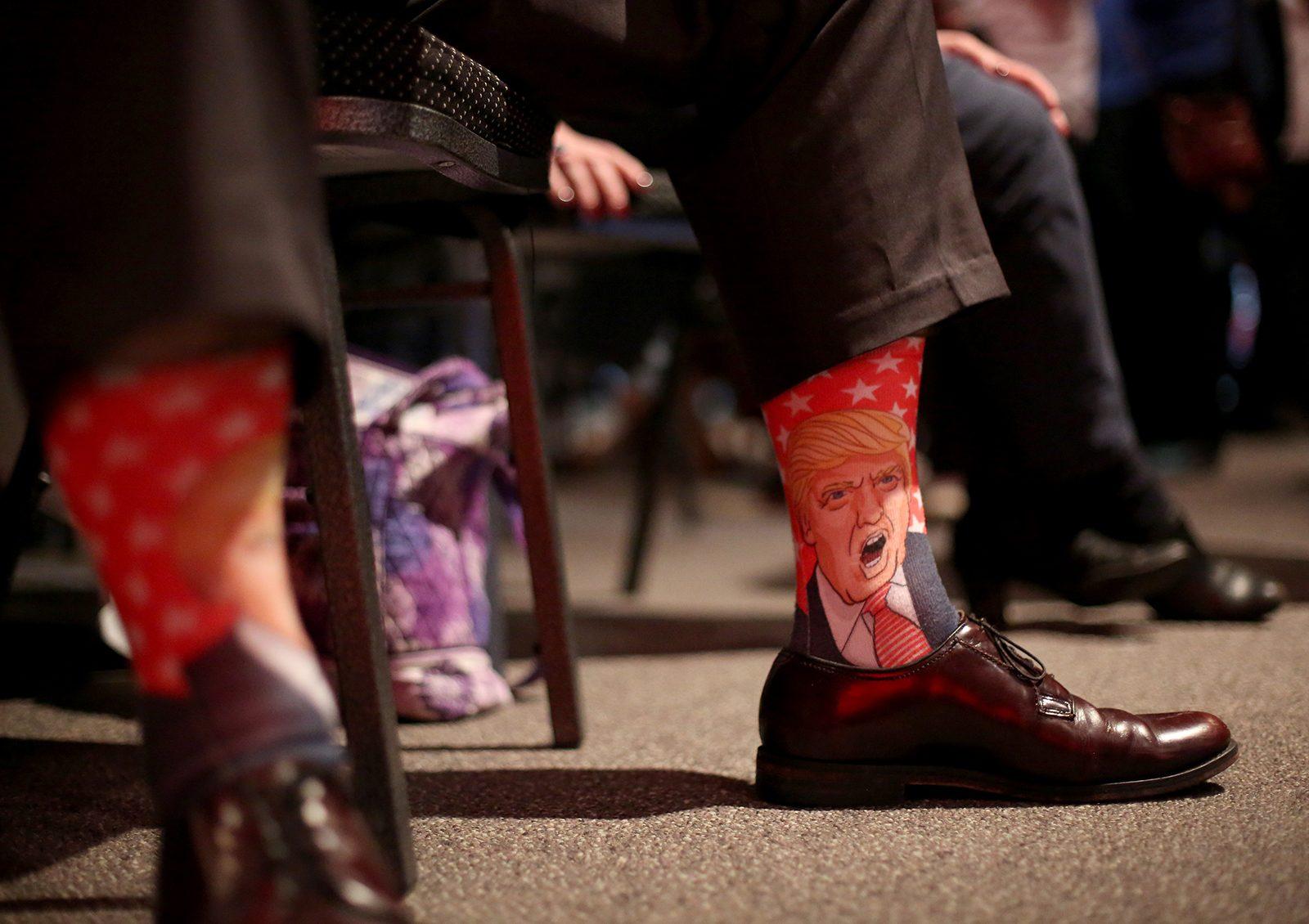As the presidential election draws closer, the issue of stem cell research has taken a back seat to economic issues as candidates battle across the nation for every swing vote.
President George Bush restricted federal funding for stem cell research seven years ago because of the ethical question of using stem cells from human embryos for research.
In August 2001, Bush said the public must consider the ‘moral concerns raised by the new frontier of human embryo stem cell research . . . even the most noble ends do not justify any means.’
Both presidential candidates John McCain and Barack Obama have said they disagree with Bush’s limitations on federal funding. In fact, their records appear the same on the issue, according to several websites detailing their votes on stem cell related issues in the Senate.
McCain and Obama voted in support of the Stem Cell Research Enhancement Act of 2007. Obama co-sponsored the bill, which would have allowed the federal government to fund stem cell research. Though the act passed in both the Senate and the House, Bush vetoed it.
The ethical debate surrounding stem cell research was raging several years before Bush limited federal funding. Ten years ago, the first report of research on human embryonic stem cells came from researchers at the University of Wisconsin, International Society for Stem Cell Research science editor Heather Rooke said in an email.
Stem cell research has achieved far more than was expected when researchers began and has led to cell therapy, where diseased cells are replaced with healthy cells, and in targeting ‘cancer stem cells’ that propagate cancer, Rooke said.
In the past year, a breakthrough discovery of the use of adult stem cells has been acclaimed by both liberal and conservative political groups.
Induced pluripotent stem cells, which come from adult human skin cells instead of embryos, were found to have similar qualities to human embryonic cells by several research groups in 2007. Conservative groups heralded the discovery because the iPS cells do not require human embryos or egg cells, but can still develop into all tissues of the body.
Though the discovery was an important step, Rooke said research should still not be limited to adult cells.
‘It is not possible to predict exactly what research will lead to a breakthrough and ultimately a therapy – which is why all forms of stem cell research must be pursued and protected,’ Rooke said. ‘Limitation of research would essentially tie one hand behind researchers’ backs and limit the discoveries that could result.’
However, Massachusetts Citizens for Life Vice President of education affairs Linda Thayers said the discovery of iPS cells has made the stem cell debate irrelevant.
‘The fact is, we can remove the ethical debate, so the debate is over,’ she said. ‘Science is now free to move forward, and the presidential candidates have dropped the issue.’
Though both candidates voted for the Fetal Farming Bill of 2006, prohibiting the use of tissue and embryos created for solely research purposes, the candidates disagree on where the stem cells should come from.
Obama supports the use of embryos stored in in vitro fertilization clinics that would otherwise be destroyed if not used for reproduction. At ScienceDebate 2008, a series of science-related questions posed to the candidates in September, Obama said the discovery of stem cells ‘derived from sources other than embryos’ is an exciting find, but all stem cell research should continue to be funded.
McCain said at the debate that he hoped the use of iPS cells would one day make the debate over embryonic stem cells irrelevant.
‘Clear lines should be drawn that reflect a refusal to sacrifice moral values and ethical principles for the sake of scientific progress,’ he said. ‘I believe that recent scientific breakthroughs raise the hope that one day this debate will be rendered academic.’
Boston University College Republicans vice president Joe Bravoco said the changing character of stem cell research has led McCain to focus on other issues.
‘Abortion is often more important to many voters,’ Bravoco, a College of Arts and Sciences junior, said. ‘Stem cell research has taken a backseat.’
BU graduate student and BU for Barack volunteer David Lorango said he has found that voters he has spoken with say the stem cell issue is problematic when politicians get involved.
‘Politicians and voters don’t completely understand how it works,’ Lorango said. ‘When this became a political issue, it becomes black and white. The generalization of stem cell research into politics just dumbs down the issue.’
Candidates mostly agree on stem cells
By Daily Free Press Admin
•
October 29, 2008
0
More to Discover

























































































































